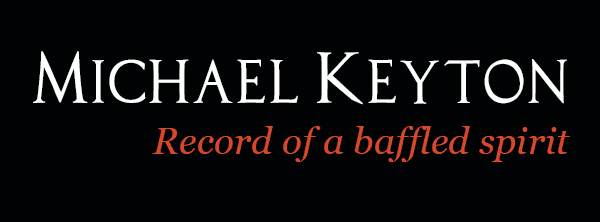I doubt William Jones ever realized what the
started when on the 26th December 1614 he made his final will and
testament. In it he left:
“…nyne thousand pounds to the Company of
Haberdashers of London to ordain a Preacher, a Free School and Alms houses for
twenty poor and distressed people, as blind and lame as it shall seem best to
them, of the Town of Monmouth, where it shall be bestowed.”
Though nothing now remains of the original
school house, its replacement continues to be part of and administered by the Worshipful Company
of Haberdashers of London.
William Jones began his career as an apprentice
in Monmouth but moved to London
when he was twenty. According to one source it was to avoid paying a fine for
some misdeed or other. In London
he became a porter, then a factor in the cloth industry. He set up business in Hamburg, trading in ‘Welsh
Cottons’ and ended up as a very wealthy member of the Worshipful Company of Haberdashers.
Jones was a philanthropist, approaching death and no doubt with an eye on his personal salvation. Whatever the case he determined to give something back to the town he had left
as a youth. He was also a committed protestant who placed great emphasis on ‘the
preacher’ that came with his new free school. The Welsh borderlands were still
strongly Catholic, a creed he found pernicious. Jones wanted Monmouth to be a beacon of
Protestantism. In that he failed. In Monmouthshire Catholicism went underground but remained relatively strong. A small town like Monmouth must have known about the regular but 'secret' masses being conducted in the Robin Hood pub. And the execution of the eighty year old Father John Kemble in 1679 was greeted with more shame than acclaim.
In the mean time Monmouth school prospered, its children behaving in much the same way as today
As for being a beacon of Protestantism, William Jones might well have mixed
feelings about Catholic Protestant cooperation in present day
Monmouth. He would though be proud - perhaps disbelieving - of what has been achieved from his gift of £9000. As to whether he envisaged fees of just under £14000 p.a. in 2014, well that is a different story.
The original school building was replace in the mid C19th. The plaque above commemorates William Jones. Below is an early post card view of the school










.jpg)




